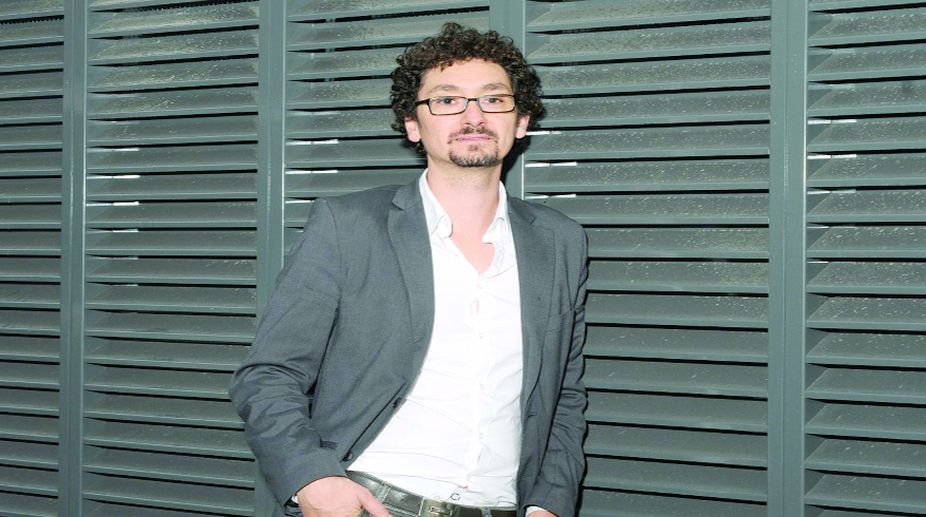Adding one more page to the cultural exchange between India and France, Bonjour India The Next Page 2018 introduced novelist, scenarist, and musician, David Foenkinos to Indian readers. The author has written 14 novels translated into 40 languages, including La délicatesse (2009), Les souvenirs (2011), Je vais mieux (2013) and Charlotte, Prix Renaudot et Prix Goncourt des Lycéens (2014). With new collaborations, David aims to increase the numbers of translations of French contemporary fiction and non-fiction titles into Indian languages and create a long-term partnership with Indian publishers. The author shared his experiences in a conversation with Kunal Roy. Excerpts:
What are your views on the past and future of Indo-French ties?
Advertisement
I have a feeling that it’s growing. The President is preparing to come in March for an important trip. India is a major country, by its position and culture, in the contemporary world. It’s important that it has strong ties with France.
What differences do you see between Indian literature and French literature?
I don’t know enough about Indian literature. Travelling in India allowed me to discover an extraordinary dynamic culture.
What inspired you to become a writer?
I’m not from a literary family. I never even thought that I’ll become a writer one day. I started to take refuge in beauty after I recovered from a serious medical illness. I started with my studies in music, I loved paintings and I began to read and write passionately. Writing gradually became my mode of breathing.
What are the main element of your writings?
I wrote 15 novels with different energies. La Délicatesse, which has just come out in India in Hindi (Nazakat), is a book filled with fun and humour, which does not prevent the depth of certain subjects mentioned, such as mourning. In another register, one of my novels, Charlotte, evokes the fate of Charlotte Salomon. It’s an emotional biography of a woman who fascinates me.
What ideas would you want to share with the Indian readers?
Coming to this Indian event is above all an exchange. I’m here to share my experience of French literary life, French language, but I’m here as much to meet Indian readers, my publisher and journalists. And it’s them, who have shared a lot with me.
Did you get a chance to read any Indian book? Any favourite?
I have just started to read a new book of Arundhati Roy, which has been published by the same editor as me in France.
What should be done to inculcate reading habit among the young ones?
I feel that we shouldn’t be blaming kids. The world has changed. They have a lot of options. When I meet children, I simply tell them how reading has changed my life. At what point in a world, where everything goes faster and faster, we have to find “bubbles of slowness”, places to escape.
How was your experience with Indian readers?
Magnificent. I met attentive and gentle readers. And with a great kindness. And with a taste for humour.
Any suggestions for young authors?
No, I don’t believe that there are suggestions. Every writer has his own way. That’s the beauty of it all. There is no method. Its improbable and risky.
You shared your ideas at the World Book Fair 2018? What is your observation on such literary events?
I loved seeing so many people by the life of books. I loved to meet a number of European authors and I felt a great sense of happiness to have the chance to representFrance in this great event.











